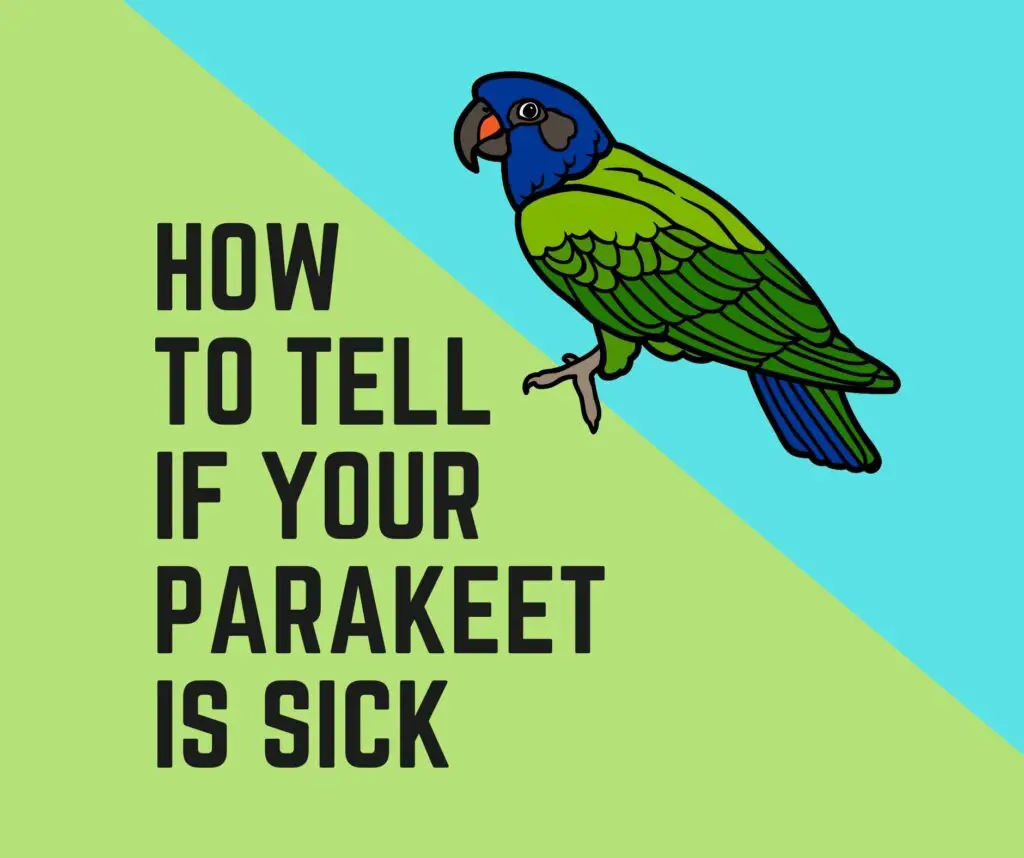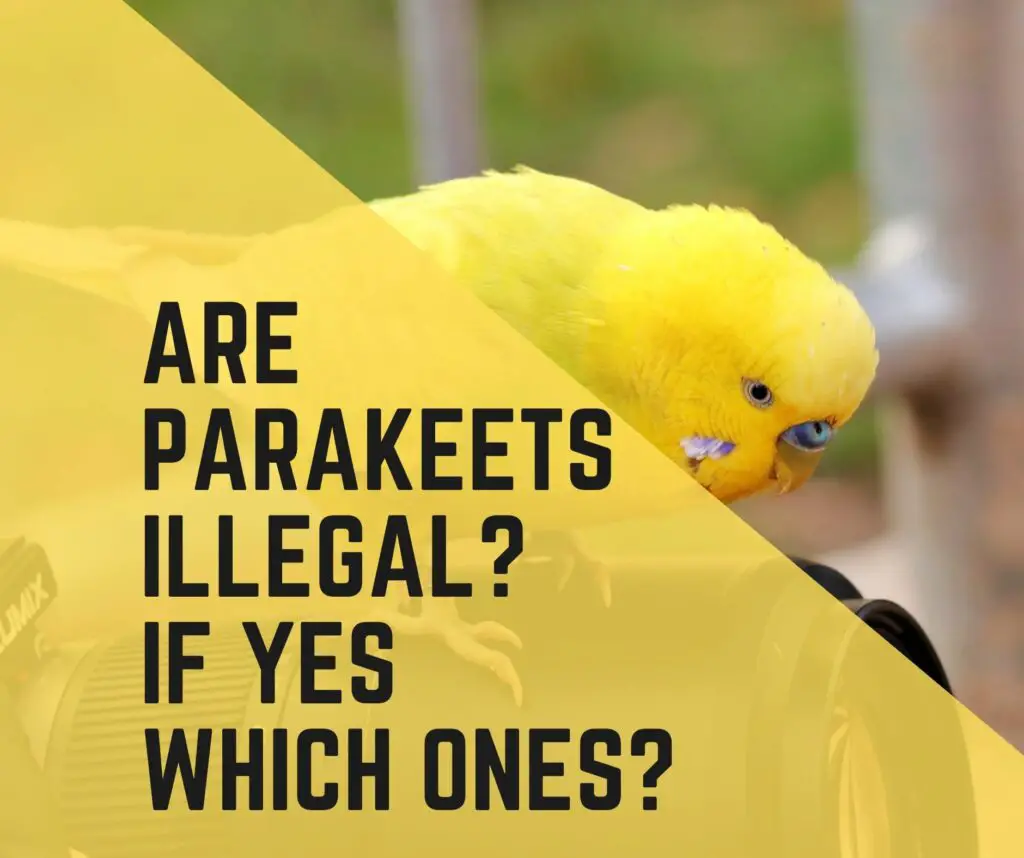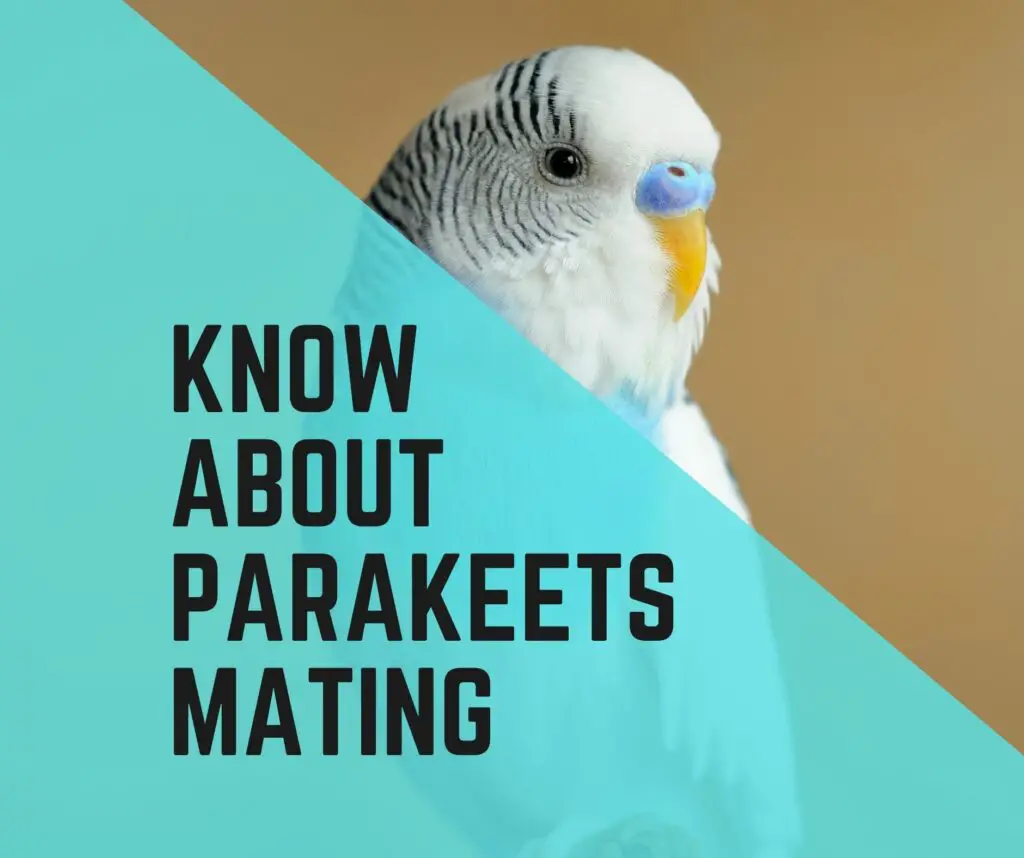Parakeets are among the most well-known species of parrots that you can keep as pets. But there are many aspects of owning one and health issues is one of them. So, How To Tell If Your Parakeet Is Sick? In all their variations, Parakeets are entertaining, intelligent, and an excellent companion for spending time. Additionally, they also can talk when they are trained with compassion and love.
However, as sturdy as they look, they could also be afflicted with certain illnesses. As a responsible pet owner, you should be ready for these issues. This is why we have compiled the list that includes the most frequent symptoms that will help you determine if your pet is suffering from illness.
How To Tell If Your Parakeet Is Sick?
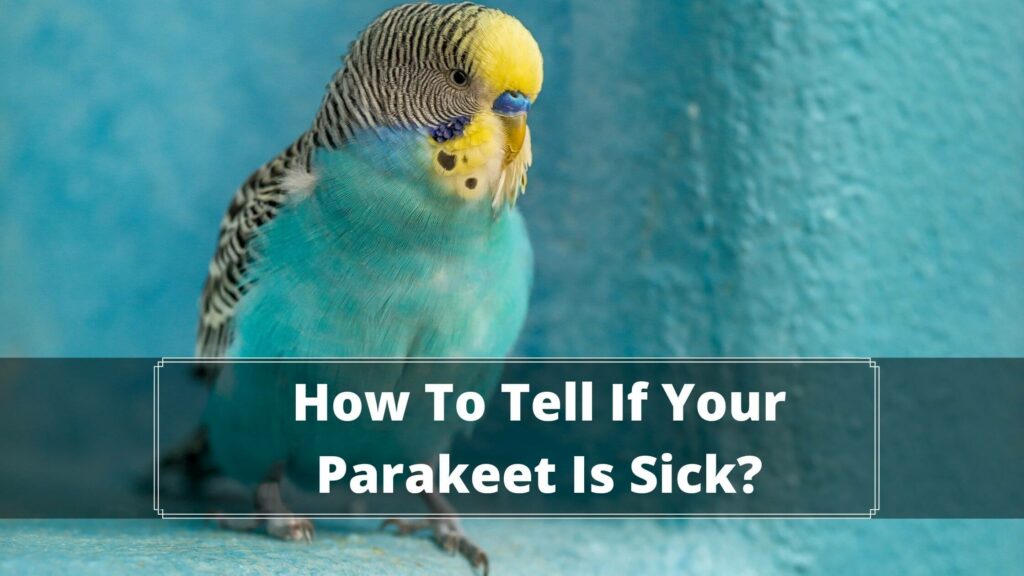
- Lethargy, loss of appetite and Anorexia are common among sick Parakeets.
- Keet is tired, looking at The appearance of a sluggish and tired bird. Moving slowly is also a sign of. Parakeets are usually very active. Therefore, any signs of lethargy or fatigue are signs that something could be dangerous.
- They are losing pounds: Parakeet losing more than 3percent in body weight over days is an indication of a problem. Your pet’s Parakeet must be examined by an expert Avian vet as soon as possible.
- They do not drink or drink higher than what is recommended. If your bird does not drink water, give them nectar, a sweet liquid, as their primary energy source.
- Parakeets that are not speaking or chirping: They cease tweeting when they’re distressed, depressed, or injured. Moving them to a new cage or making loud noises can cause stress to your pets.
- Their beaks have discolouration. The discolouration of a bird’s beak is always a warning indication. If you spot any brown or black spots, that could be an indication of a bacterial infection, mould, or cancer too.
- The Keet appear confused: If your pet isn’t acting as they usually do, keep an eye on them for about 10 minutes. A parakeet seems dizzy and uncoordinated when its muscles and skeletal system has been damaged. Because of the musculoskeletal system degeneration, a bird was in a state of not reacting to the message sent by the brain.
- The head is drooped. Most birds keep their heads to the highest level possible when they lift their wings. If you observe your bird dropping its tail feather or head to show its submission to the ground, it could be due to pain or illness. Perhaps, your bird has been injured or is suffering from extreme pain.
- Parakeets start losing their feathers or losing their feathers too much. The loss of feathers in birds is widespread due to moulding. Find out why parakeets change their shape?. If your bird is losing feathers or is overplucking, it may be due to skin allergy as well as mites and flakes.
- Inactive: The owner may be stressed by seeing his pet suffer from an inability to coordinate for wandering about.
- Respiratory problems: Respiratory illnesses can be among the more frequent issues seen in all species and variations of parakeets.
- Vomiting: Vomiting can be a severe problem for Pet Birds. If your pet bird is constantly vomiting, go to the nearest vet facility as fast as it is possible.
- Bleeding: If you see a bird bleeding or any blood staining on its feathers, you should examine the bird for a few minutes. It is also possible to end the bleeding with a dry, dry cloth on the wound and apply pressure to the area for approximately five minutes.
- Their Eyes are swelling: A swelling on the eyes or face of the Parakeet can also indicate sinus inflammations. It will require comprehensive treatment from an experienced Avian veterinarian to be cured.
- Feathers look unusual: Usually, there are signs such as excessive mature feathers, loss of feathers or abnormal pin feathers, constricted feathers, clubbed feathers, and the absence of the presence of feathers in parakeets are an indicator of poor health.
- They aren’t sleeping as they used to. A change in their sleep pattern could signify a health problem. The bird could be irritated and injured by the itching caused by mites. Be sure to inspect your bird for signs of mites. Also, learn: Do Parakeets sleep with only One Eye Open?
What Should You Do?
Because they are small birds, Parakeets cannot eat or aren’t eating due to an illness. In addition, eating more minor can alter its health in only a couple of days. In addition, the birds that have been overbred have genetic issues.
Avoid having any pets If you see any bleeding or bruises. In addition, the vet can be sure to confirm the problem immediately. Parakeets are a prime victim of this disease.
It is crucial to check your Parakeet at your nearest Avian specialist when you first adopt one. Be aware that not all vets specialize in birds like parakeets. Find a veterinarian who has experience as the birds suffering require immediate care.
Additionally, they require special care, especially when it comes to diet. Parakeets generally require a diverse diet. This article will help you determine the ideal food to feed your parakeets.
Another important thing you must consider is spending time with your bird. Let’s review how to care for your Parakeet about any disease properly. The best course of action is always to prevent.
9 Tips To Prevent Parakeets From Falling Sick?
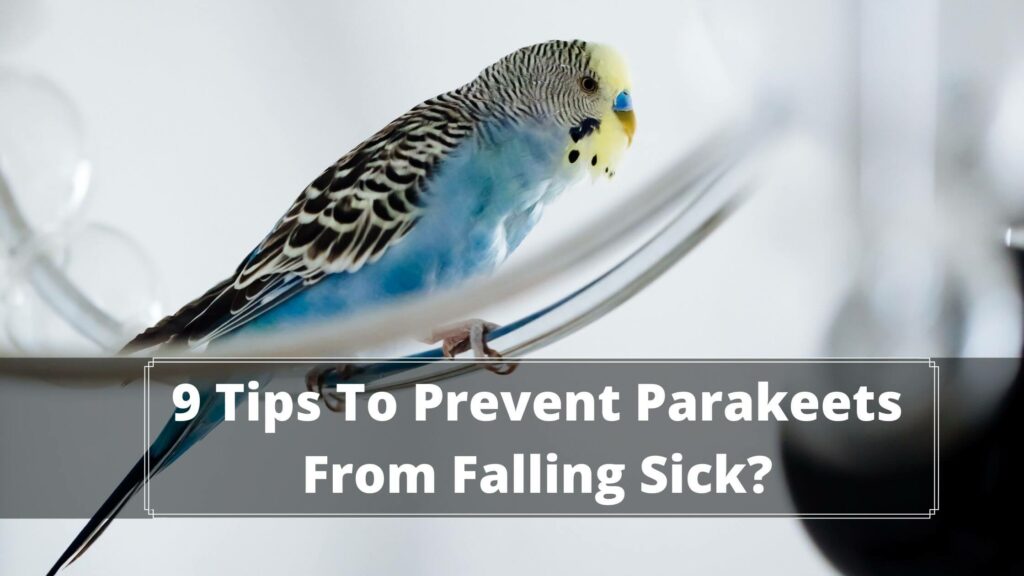
Before we can take care of the bird, it is essential to understand that prevention is always the most effective treatment. Let’s look at some suggestions to stop your bird from becoming sick.
Interesting Further Reading
- Be sure to provide vitamins to your parrot, as this is particularly important. Learn about the food they love and what has vitamins to allow your Birds to consume. Learn about the top fruits for Parakeets and the whole vegetables for Parakeets.
- Be sure to provide fresh water and food in the cage.
- Ensure you avoid any injuries to their cages since it could result in injuries.
- Make sure that the cage is big enough to allow the Parakeet to fly and move around.
- Cleaning your cage at least once per week is a good idea. Additionally, the daily cleaning needs to be carried out based on decaying remains. The inability to clean their cage equipment every day can result in bacterial infection or worse diseases.
- Always be sure to spend time with your Parakeet by providing snacks. Make sure your bird is an actual friend. This is the best method to avoid sadness and depression within Pet Birds.
- Make sure your bird is allowed to fly often, or else its ability will be diminished. To ensure their feathers remain in good condition, Allow them to pass.
- Make sure you place an enormous can of water around your pet to bathe. Do not bathe when it’s windy or cold outside.
- Be sure that your pet receives plenty of affection and love because they require some time for adjustment to any changes.
That’s all is required for a parakeet to be a healthy and happy family member.

Hi, There and Welcome to BirdsNews.com, is here to help you learn and care about pet birds. and this blog is a journal of everything I’ve learned.

